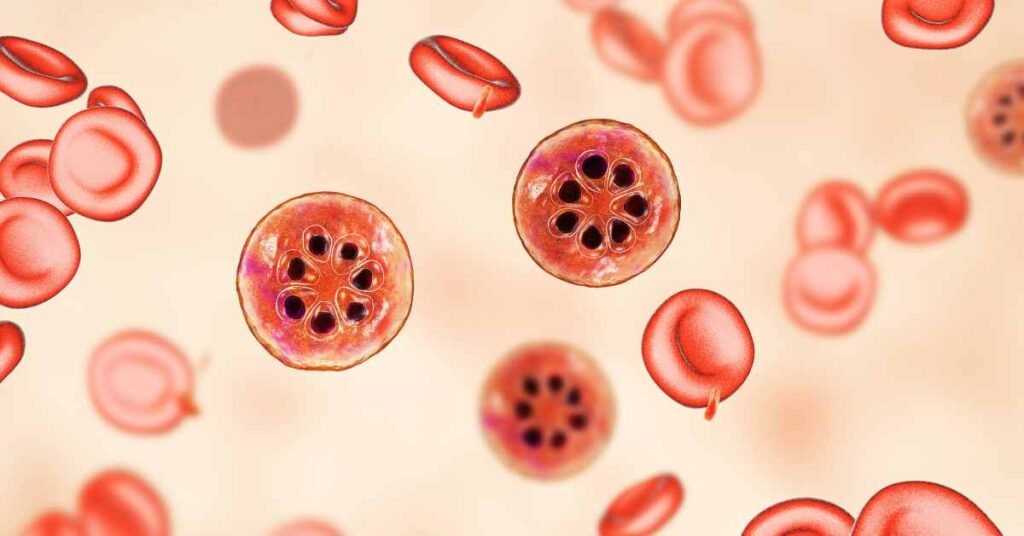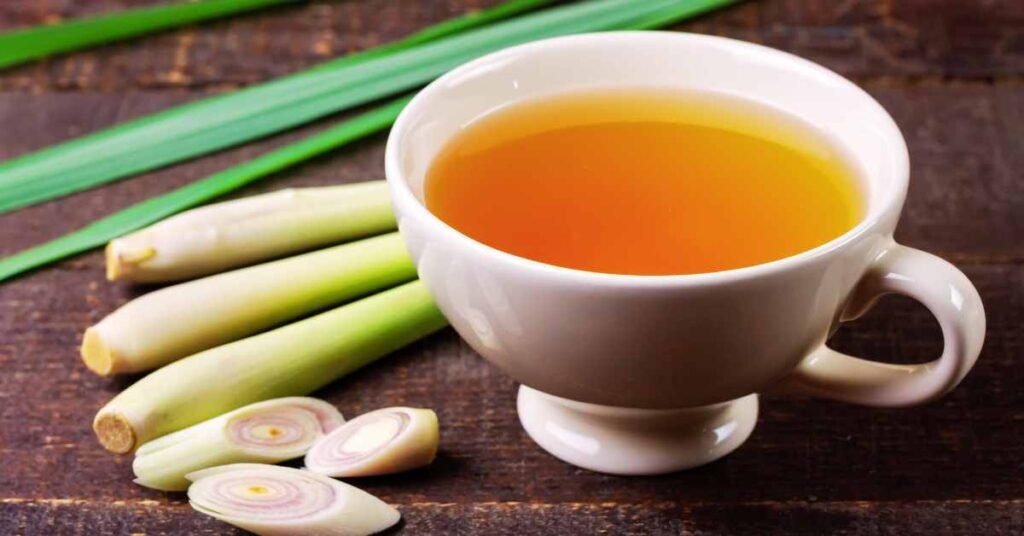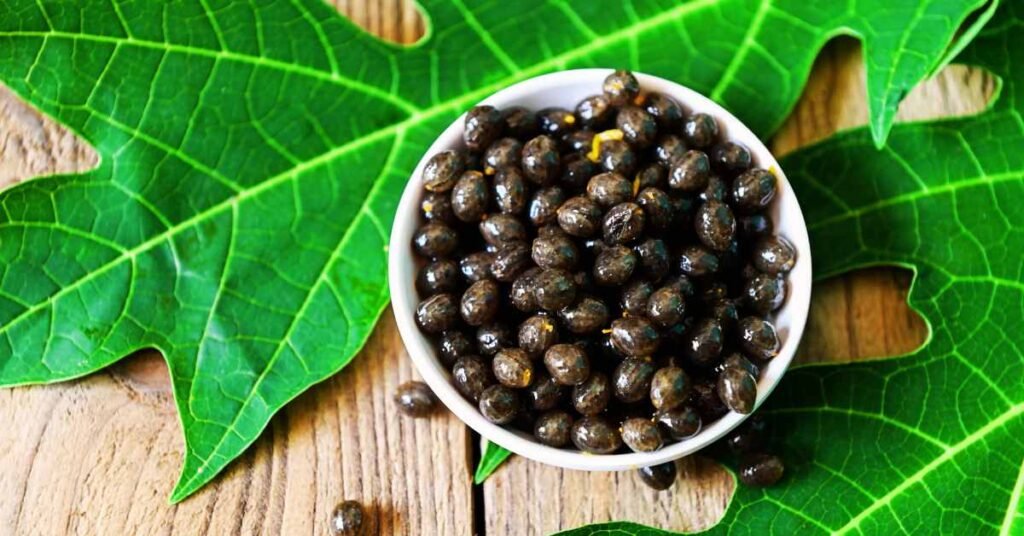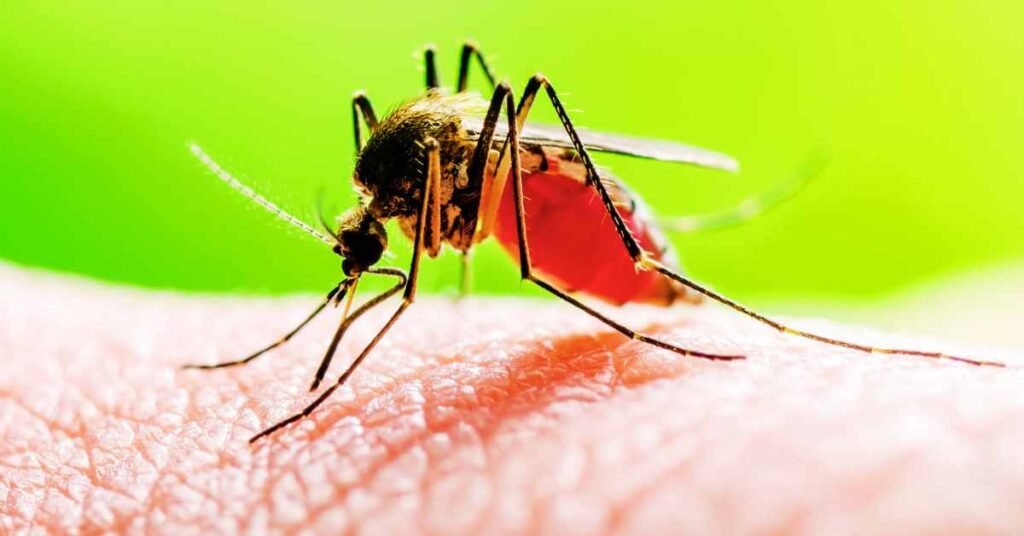Malaria, a mosquito-borne infectious disease caused by the Plasmodium parasite, poses a significant health challenge globally.
While conventional medical treatments are crucial for addressing malaria, certain teas, with their unique properties, may provide supportive relief for symptoms associated with this condition.
In this detailed article, we explore various types of tea and their potential roles in alleviating malaria symptoms.
Understanding Malaria Symptoms

Malaria symptoms can range from mild to severe, with common manifestations including fever, chills, headache, muscle aches, and fatigue.
In severe cases, malaria can lead to complications such as organ failure and even be life-threatening.
While antimalarial medications are the primary approach to treating malaria, complementary strategies like herbal teas may offer additional relief and support.
Ginger Tea
Properties: Anti-inflammatory, Antioxidant, Immune-Boosting.
Role in Malaria Relief: Ginger tea, derived from the rhizome of the ginger plant, is known for its anti-inflammatory properties.
It may help alleviate muscle aches and joint pain associated with malaria. Additionally, ginger has antioxidant compounds that could contribute to overall immune system support.
Preparation: Steep fresh ginger slices in hot water or use ginger tea bags for a convenient option.
Cinchona Bark Tea
Properties: Antimalarial, Antipyretic.
Role in Malaria Relief: Cinchona bark contains quinine, a compound with antimalarial properties.
Historically, quinine has been used for treating malaria.
While cinchona bark tea may not replace conventional antimalarial medications, it could provide additional support in managing symptoms like fever and chills.
Preparation: Infuse cinchona bark in hot water, following recommended guidelines for safe consumption.
Lemongrass Tea

Properties: Antipyretic, Relaxant.
Role in Malaria Relief: Lemongrass tea is known for its calming and fever-reducing properties.
It may help manage symptoms like fever and discomfort associated with malaria. The citrusy aroma of lemongrass can also have a relaxing effect.
Preparation: Steep fresh or dried lemongrass in hot water to make a fragrant and soothing tea.
Turmeric Tea
Properties: Anti-inflammatory, Antioxidant, Immune-Modulating.
Role in Malaria Relief: Turmeric, containing the active compound curcumin, is valued for its anti-inflammatory and immune-modulating properties.
While not a direct treatment for malaria, turmeric tea may aid in managing inflammation and supporting the immune system during recovery.
Preparation: Combine ground turmeric with hot water, add a pinch of black pepper for enhanced absorption, and flavor with honey or lemon.
Papaya Leaf Tea

Properties: Antimalarial, Immunomodulatory.
Role in Malaria Relief: Papaya leaf extracts are traditionally used in some cultures for their potential antimalarial effects. Papaya leaf tea is believed to boost platelet count and modulate the immune system.
However, it’s crucial to note that scientific evidence on this is limited, and medical consultation is advised.
Preparation: Steep dried papaya leaves in hot water to create a tea that is consumed cautiously and under guidance.
Peppermint Tea
Properties: Cooling, Digestive.
Role in Malaria Relief: Peppermint tea, with its cooling menthol content, may provide relief from fever and nausea associated with malaria.
Additionally, it can have a soothing effect on the digestive system, addressing potential gastrointestinal symptoms.
Preparation: Steep peppermint leaves in hot water for a refreshing and digestive-friendly tea.
Precautions:
- Consult a Healthcare Professional: While herbal teas may offer supportive relief, they are not substitutes for prescribed antimalarial medications. Always consult with a healthcare professional for proper diagnosis and treatment.
- Moderation is Key: Use caution with herbal teas, especially if pregnant, breastfeeding, or on other medications. Some herbs may interact with medications or have contraindications.
- Hydration: Staying hydrated is crucial during a malarial infection. In addition to herbal teas, ensure an adequate intake of water.
Final Word

Teas, with their diverse properties, can be part of a holistic approach to managing malaria symptoms.
While they may provide comfort and support, it is vital to underscore that they are not standalone treatments.
Antimalarial medications prescribed by healthcare professionals remain the cornerstone of malaria treatment.
Herbal teas, when consumed mindfully and in consultation with healthcare providers, may offer a soothing complement to conventional care, contributing to overall well-being during the recovery process.
MEDICAL DISCLAIMER
Itsnevernotteatime.com cannot and does not contain medical/health advice. The medical/health information is provided for general and educational purposes only and is not a substitute for professional advice.




